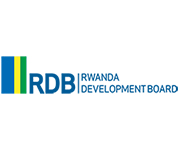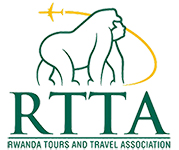In an annual naming ceremony in the mountains of Rwanda, 24 performers have donned gorilla suits and masks and aped about in front of thousands of spectators, including the president of the landlocked nation. The ritual, which first took place in 2005, celebrates the number of births of critically endangered mountain gorillas in Volcanoes National Park during the last year, 24 in this instance.
Closely monitored by trackers and researchers, each baby is vitally important to the long-term survival of the species. The official estimate of mountain gorillas in Rwanda currently stands at 302, though this number has been rising by about 4% year on year. Some experts suggest, however, that the number could be as high as 500. In fact, with poaching virtually wiped out in the park, Rwanda’s gorilla conservation program and the eco-tourism it brings into the country is seen as a model for other African countries struggling to save their own wildlife.
Following the performers was a group of 24 guests wearing ceremonial white shirts with green robes, beaded necklaces and beaded sticks. They came from all over the world and had the honor of announcing the new baby names. The group included Allan Carlson, a Swedish conservationist, who said: “It's really a showcase, the way they're working, because you have buy-in from the highest political level.”
The ceremony, known as Kwita Izina, is based on a traditional Rwandan practice of naming new-born children, and is watched by thousands who gather in the foothills of the surrounding rainforest-covered volcanoes. Names given to the new intake of baby gorillas include local words for “Wish,” “Conviviality,” and even “Ornament.”
The main threats facing the gorillas are the huge density of the human population in the area, with pressure from farming communities surrounding Volcanoes National Park, and the human diseases that these people and the tourists who trek into the forests could potentially spread to them.





